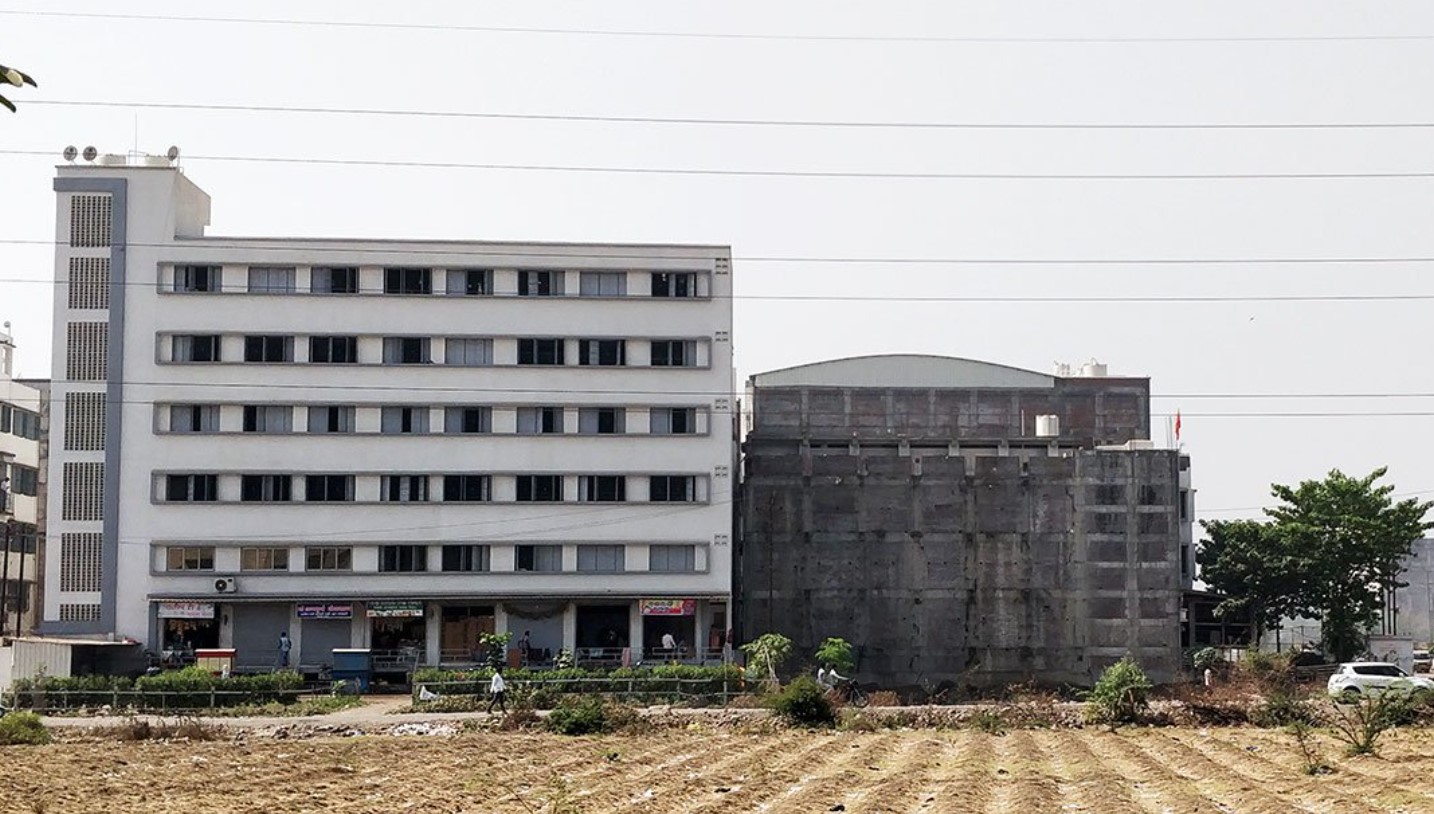Gujarat just shook up its labor rules with a bold move that could reshape factories and jobs. The state assembly passed the Factories (Gujarat Amendment) Bill 2025, letting workers pull 12-hour shifts while keeping the weekly limit at 48 hours. This change also opens night shifts for women, but what’s the real impact on workers and businesses? Dive in to see how it aims to fuel industrial boom amid heated debates.
Key Changes in the New Bill
The bill ramps up daily work hours from nine to 12 in Gujarat’s factories, but it sticks to the national weekly cap of 48 hours. This means workers might grind through four long days and then enjoy three paid days off.
Under the amendment, women can now work night shifts from 7 p.m. to 6 a.m., as long as factories provide strong safety steps like secure transport and better lighting. Industries Minister Balvantsinh Rajput called this a game-changer for flexibility. He noted that overtime beyond nine hours gets double pay, and the whole setup needs worker consent.
This isn’t set in stone. Rajput stressed it’s temporary, with the government ready to pull back if abuses pop up. Labor unions got assurances that violations won’t fly.
The shift to longer days ties into bigger goals. Factories can now schedule work to match global demands without breaking weekly limits.

Driving Industrial Growth and Jobs
Gujarat’s leaders pitch this as a smart play to pull in big investments. By easing shift rules, the state hopes to make its factories more competitive, especially in manufacturing hubs like Ahmedabad and Surat.
Recent data from the state’s economic reports shows Gujarat already leads in industrial output, contributing about 8% to India’s GDP as of 2024. With this bill, officials predict a jump in foreign direct investment, similar to how Foxconn eyed the state for iPhone production after similar tweaks.
Rajput shared during the assembly debate that the change could create thousands of new jobs. He pointed to a 2023 study by the Confederation of Indian Industry, which found flexible hours boosted productivity by up to 15% in states like Karnataka.
But it’s not just about numbers. Businesses say this helps them run smoother operations, cutting downtime and ramping up output without hiring extra staff right away.
Worker Safety and Rising Concerns
Not everyone’s cheering. Opposition voices, including young MLAs like Hardik Patel and Jignesh Mevani, slammed the bill as a step toward exploitation. They worry longer shifts could lead to burnout and health issues.
To counter that, the bill packs in safeguards. Employers must get written okay from workers for extended hours and ensure rest breaks. For women on nights, measures include CCTV monitoring and emergency support.
A quick look at the pros and cons:
- Pros: More pay for overtime, flexible schedules, potential for more jobs.
- Cons: Risk of fatigue, safety worries for night workers, possible pressure on employees to agree.
Labor experts, drawing from a 2022 International Labour Organization report, warn that 12-hour shifts can raise accident rates by 30% if not managed well. Gujarat promises strict checks to avoid that.
One worker from a textile plant in Ahmedabad told me anonymously that while extra cash sounds good, “12 hours on my feet every day might break me before it builds my bank account.”
How Gujarat Stacks Up Against Other States
Gujarat isn’t alone in this push. Maharashtra recently okayed similar 12-hour shifts for private workers, aiming to keep pace in the race for industrial edge.
Looking back, states like Tamil Nadu and Karnataka made moves in 2023, allowing longer days and night work for women. A table from India’s Ministry of Labour data highlights the trend:
| State | Max Daily Hours | Women Night Shifts | Weekly Cap |
|---|---|---|---|
| Gujarat | 12 | Yes, with safety | 48 |
| Maharashtra | 12 | Yes | 48 |
| Karnataka | 12 | Yes | 48 |
| Tamil Nadu | 12 | Yes | 48 |
These reforms signal a national shift, but critics argue it’s a race to the bottom on worker rights. Gujarat’s version adds a review clause, setting it apart.
In debates, AAP members tore up bill copies, calling it “modern slavery.” Yet supporters say it’s about catching up to global standards, where places like Bangladesh already allow flexible shifts to boost garment exports.
Looking Ahead: Challenges and Opportunities
As the bill rolls out, eyes are on enforcement. The government plans pilot programs in key sectors like chemicals and textiles to test the waters.
Experts predict mixed results. A 2024 NITI Aayog analysis suggests such reforms could add 1-2% to state GDP growth, but only if paired with training and health support.
Workers might see better earnings, but unions demand more say in how it’s applied.
This amendment captures a pivotal moment for Gujarat, blending ambition for economic surge with the gritty realities of factory life. It stirs hope for booming industries and jobs, yet sparks fear of overworked families and overlooked safety. As debates rage, it’s clear these changes could redefine work in India, pushing states to weigh growth against fairness. What do you think about extending shifts to 12 hours? Share your views and pass this article along to friends on social media. It’s trending big on X with #LabourReforms, so join the conversation and tag your shares with it!



















